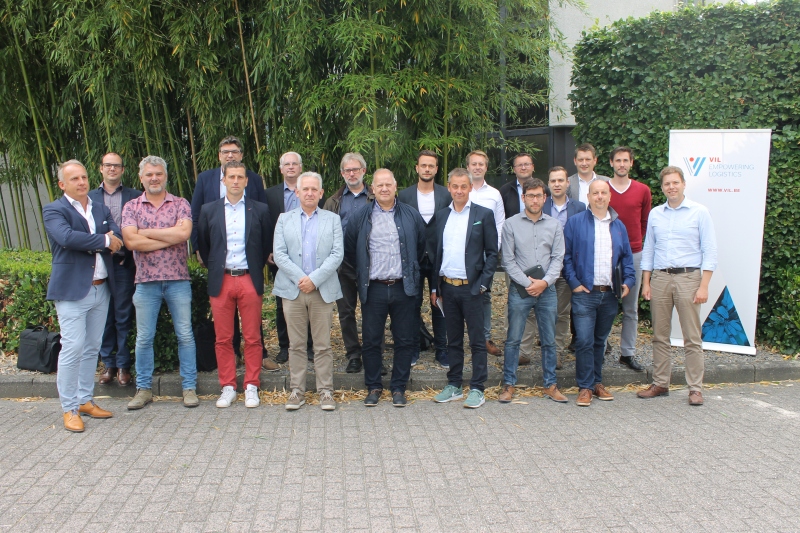This project is looking for solutions for the following problems: the inaccessibility of contructions sites (due to traffic, the ban of heavy vehicles in city centres, …), the increasing number of renovations (leading to more and smaller logistic flows), higher logistic costs and limited storage spaces of the construction sites.
A construction hub serve as a specific area where all the activities relating to transport, logistics and goods distribution for teh construction sites are carried out. One construction hub is meant to serve multiple sites, which makes it possible to achieve smart consolidation and economies of scale, not only on the construction sites also in the deliveries to the sites.
OPPORTUNITIES
Construction hubs provide more efficient logistics, e.g. by decreasing the amount of shipments and fewer actions on the contruction sites. More efficient logistics to the construction sites also leads to decreasing costs, e.g. by shorter waiting times. Less storage on the sites also prevents theft and damage.
Construction hubs create activities of value added logistics, like pre-manufacturing of materials.
From a social perspective, more efficient logistics can provide a positive effect on the environment and traffic. A contruction hub can also motivated companies to plan their deliveries in off-peak times.























